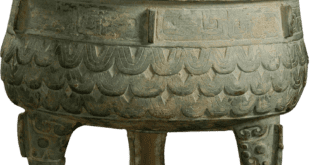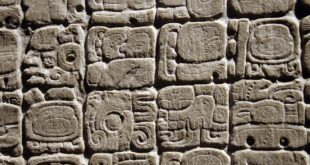Unraveling the Mysteries of Human Evolution: Biological Anthropology
Introduction
Since time immemorial, humanity has been fascinated and intrigued by its origins and the evolution from its first primate ancestors. The field of biological anthropology offers us glimpses into our evolutionary past and ancestry, finds vital barriers that led to significant genetic and physiological changes over millions of years. With advanced scientific technology in biology and other fields assisting biological anthropologists today – living witnesses of the past era are indicators of evolutionary highlights.
What Is Biological Anthropology
Anthropology, in general, can be defined as the study of humans and human experience. Biological anthropology, at its core, focuses on the biological factors that form the basis of our culture, society, and psychology. Biological anthropologists involve in excavating and analyzing fossils, human skeletal remains, and genetics, isotopic religious practices and human behavior; thereby revealing insights into evolutionary lineage.
Analysing Human Fossils and Remains
Fossils are pieces of evidence about ancestry in shape of bones, teeth, reeds, fecal matter, and other pieces of evidence in preserving over years, depicting a clearer picture of evolvement than humans inhabiting one area of the paleo world before or after each other during period of widely separated duration and human convergent evolution patterns.
How Anthropologists Determined the Evolutionary Origin Of Human Speech.
Anthropologists examining changes in the skull shape across human evolution determined that similarly changing human throat design enabled linked convergent evolution pattern of speech capacity increasing and cooperative behavior built on user brain patterns.
Isotopic Analysis of Prehistoric Diet
Human evolution coincides with food habits changes, critical over time, essential to obtain nutrition and sustenance. By analyzing the limestone shells, eggs shells from the past, and layer volumes around the sites’ soils, isotopic science determines the span and continuity of prehistoric creature behavior. Investigating these changes chronologically over millions of years, through sediment samples and trial-and-error experimentation, farmers developed equipment to maximize crop grow most compatible crops with the natural flora and weather conditions of their land.
Genetics DNA Science of human evolution
New researches conducted in genetics offer continuous revelations about previously unknown segments of human DNA interested, which some scientists analyze effectivity of all mechanisms of hereditary mapping human DNA to DNA coding that affect the changing functions incorporated within each! Unique testing shows the environment had quintessential power over our genetic makeup; water and Food intake continue to influence human evolution today regularly.
Conclusion
Biological anthropology provides unique multidimensional insights into the evolutionary history of our species. From analyzing remains and fossils to reconstructing the ecosystem to deciphering the genetic influences over generations, it throws light onto different aspects of human evolution.
 Mind Uncharted Explore. Discover. Learn.
Mind Uncharted Explore. Discover. Learn.



